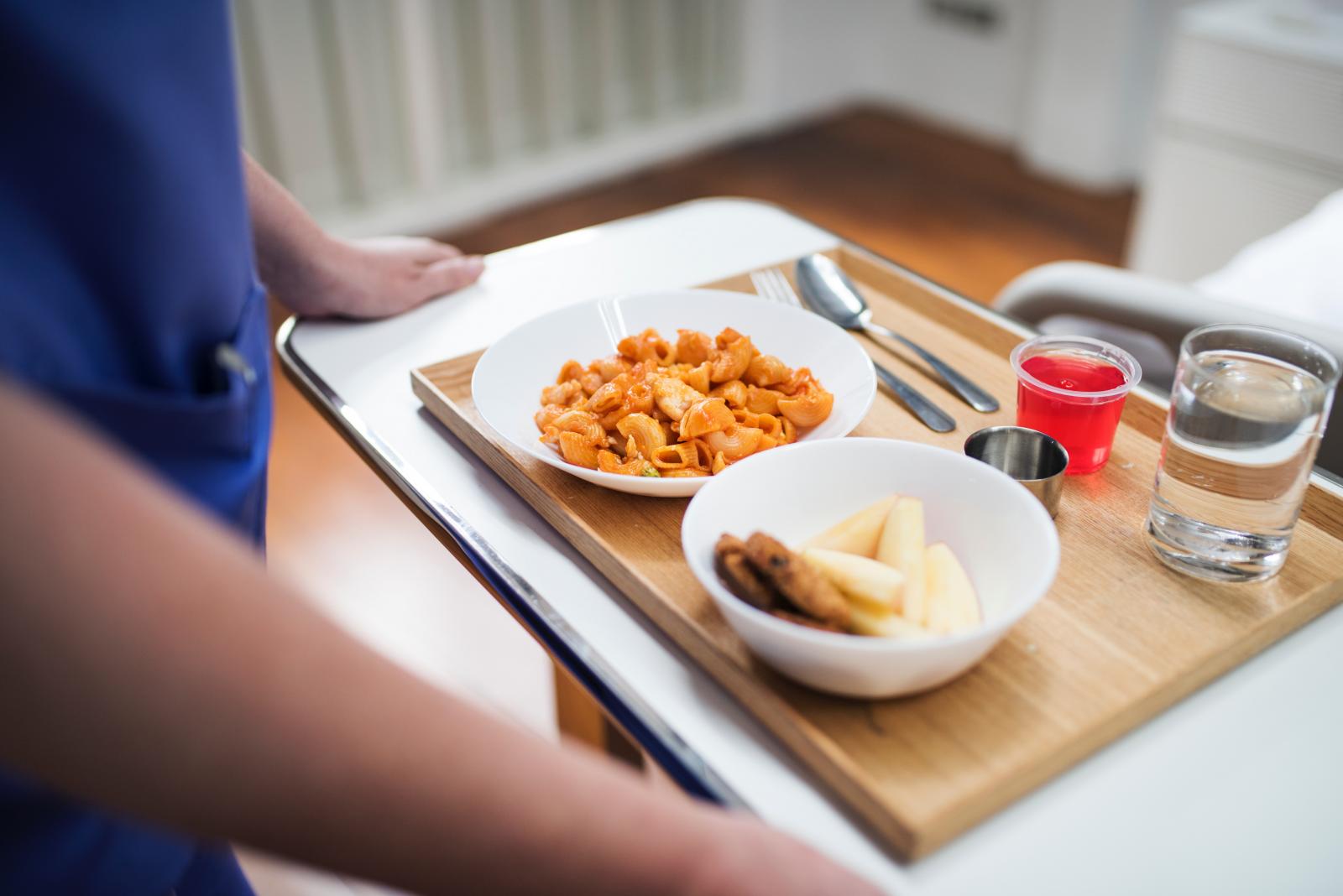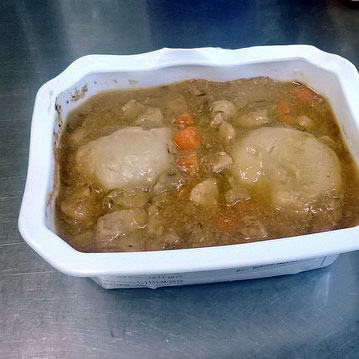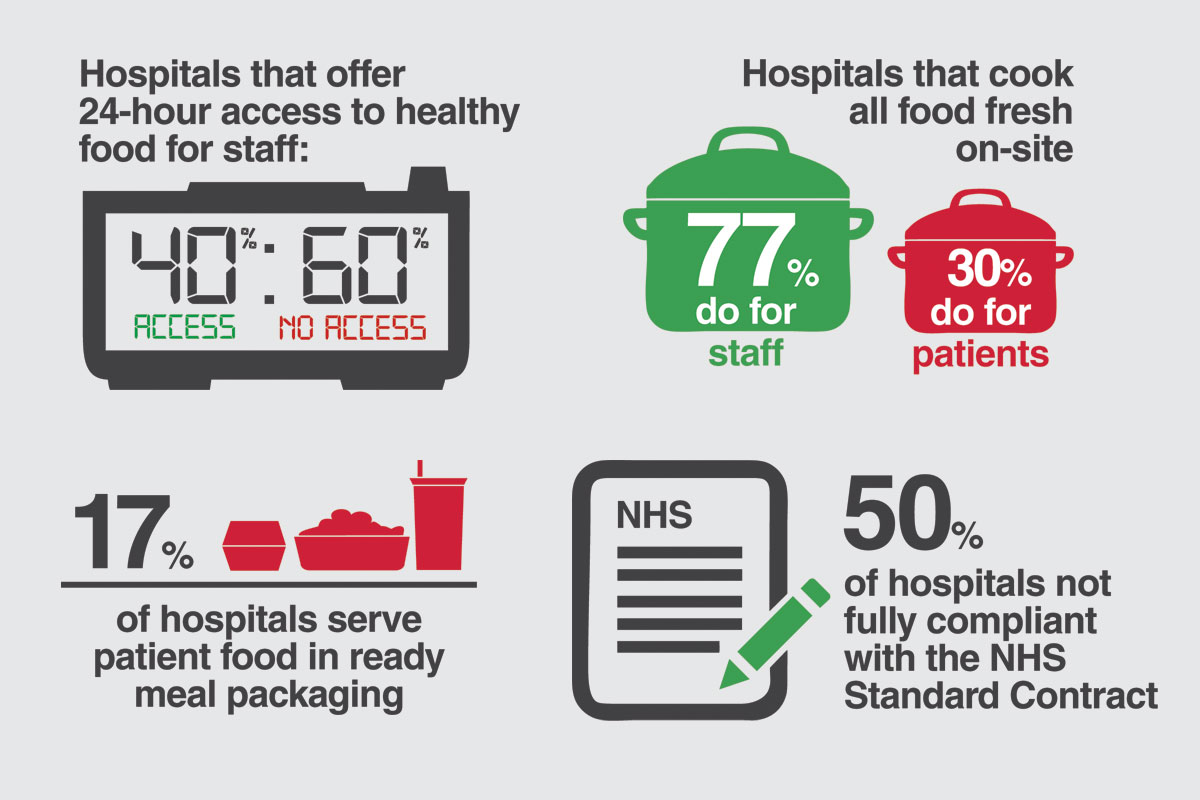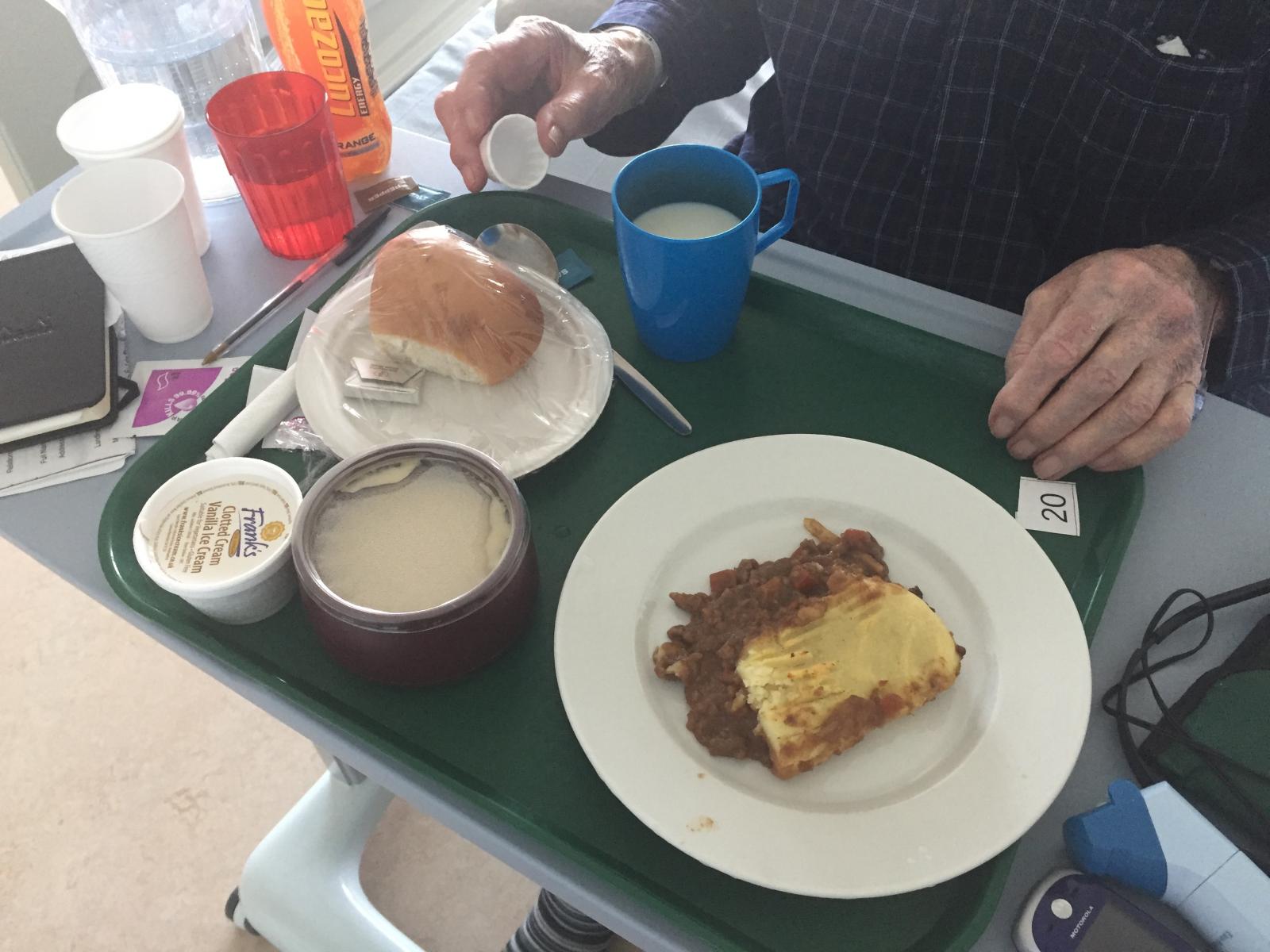Celebrity chefs call for hospital food standards law
It follows the publication of a new report by Sustain called "Twenty years of hospital food failure: Why we need mandatory standards, not more ineffective voluntary initiatives", which claims that government has wasted more than £50m on failed attempts to improve patient meals since 1992.
The report says that between 1992 and 2013 twenty one failed voluntary initiatives to improve hospital food have been introduced by various government, costing more than £54m of taxpayers’ money - enough to pay for thirty four new hospital kitchens.
During that period the journalist and broadcaster Loyd Grossman and five celebrity chefs were appointed to lead these voluntary initiatives: Albert Roux, John Benson-Smith, Mark Hix, Anton Edelmann and Heston Blumenthal.
Initiatives failed as 'not compulsory'
But it concluded that the government has ignored at least fourteen warnings from government advisers, MPs, commercial caterers, and health, environmental and animal welfare organisations that the initiatives to improve hospital food were failing because they relied on hospitals to voluntarily adopt their recommendations, rather than being made compulsory like nutritional standards introduced for school food.
Earlier this week, the Academy of Royal Colleges, which represents Britain’s 220,000 doctors, announced its public support for mandatory standards for hospital food in all UK hospitals.
The academy described Jeremy Hunt’s proposals to improve hospital food as "vague and voluntary".
Loyd Grossman, who led the government’s Better Hospital Food initiative between 2001 and 2006, said: "Serving fresh and nutritious hospital food is vital to improving patient health, and to raising morale - amongst NHS staff, patients and their families.
"My team and I worked hard for five years to improve patient meals, but progress was much slower than we would have liked. Although we had a number of successes, we did not achieve the transformation which we had hoped for and which patients deserve.
Efforts 'hampered by a lack of political will'
"While I could see what needed to be done and what could be done, our efforts were hampered by a lack of political will.
"There has not yet been a noticeable change in the way hospital food is produced, prepared, cooked and served.
"I welcome the publication of this report and hope that it prompts government to take a new and effective approach to improving hospital food, including by requiring it to meet mandatory standards."
Albert Roux, who was asked in 1995 by the Department of Health to give his opinion about how to improve hospital food, said: "We must not think that high quality hospital food is too difficult or expensive to achieve. After all, simple food is often the best food – and fresh seasonal produce is cheap to buy.
"If we have learned anything from the last twenty years it is that meetings, speeches and gimmicks do not work – what we need now is change to the whole hospital food system, starting with the introduction of food standards for every patient meal."
Friday 22 February 2013
Channel 4 news
Published Friday 22 February 2013
Better Hospital Food: The campaign represents a coalition of organisations calling on the Westminster government to introduce mandatory nutritional, environmental and ethical standards for food served to patients in NHS hospitals in England.




